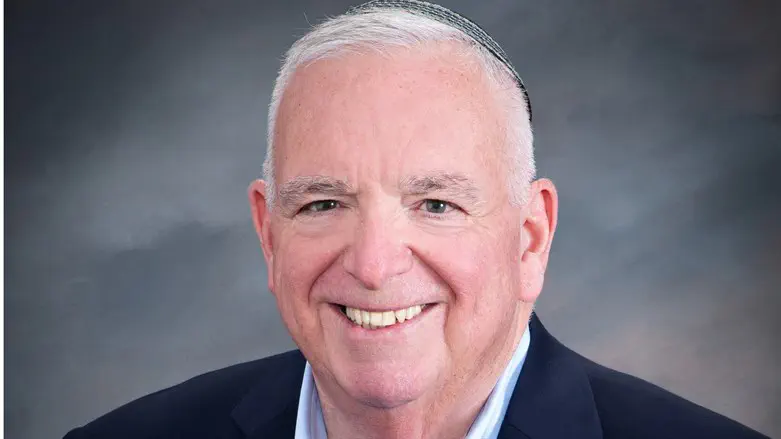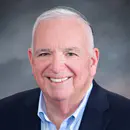
Stephen M. Flatow is President of the Religious Zionists of America (RZA) He is the father of Alisa Flatow, who was murdered in an Iranian-sponsored Palestinian terrorist attack in 1995 and the author of A Father’s Story: My Fight for Justice Against Iranian Terror. Note: The RZA is not affiliated with any American or Israeli political party.
Here in Israel we have been focused non-stop on the Hamas war and the murder of 1,200 people and the kidnapping of 240 that brought it about. We are also struggling with President Biden’s flip-flopping on his support for Israel in this war we did not want or start. We know that Jewish communities around the world are struggling with this, too, but I know it feels differently here than if I were in New Jersey.
While Yom HaZikaron, observed this year on May 13, is the day on which Israel remembers not only its fallen soldiers, but also civilians who were murdered by Arab terrorists, there is one category of terror victims who, while technically included in that designation, have been almost completely forgotten, not by Israel but by the country of their birth—American victims of Palestinian Arab terrorism.
So, each year I find myself asking how many more Yamim HaZikaron will come and go before any of the Palestinian Arab killers of Americans finally face American justice?
Most of the Americans murdered were tourists or college students spending a summer, six months, or a year of study in Israel—like my daughter, Alisa. Others, such as Malki Roth, murdered in the Sbarro bombing and whose killer is living free in Jordan, were dual American-Israeli citizens. Americans are also among the dead and captured of 10/7.
In the face of the death of a family member American victims’ parents react the same way as Israeli do. They sit shiva for their children, siblings or parents, then go about putting one foot in front of the other trying to rebuild their shattered lives. Some of us try to participate in the on-going building of the State of Israel and move here. I did it; not because of Alisa’s murder but because of her life.
Obviously, in many respects there is no difference between a terror victim who was a citizen of one country and one who came from another country. What all of them have in common is that they were innocent targets of brutal savages.
Yet in several important respects, American victims should be looked at a bit differently because their government has let them down.
To begin with, the United States has contributed more than $5.2 Billion in taxpayers’ funds to the Palestinian Authority over the past 30 years and is scheduled to get $600 Million in 2024. Jordan received in $1.65 Billion in 2023 alone! That’s a lot of money no matter how you count it and in my book that gives the US a leg up in demanding the surrender of terrorists by the PA and Jordan.
Legally, too, there is a very important difference. There is U.S. law that makes it a crime to kill or injure (or to conspire to kill or injure) or take hostage an American national outside the U.S. in furtherance of a terrorist cause, whether or not the Americans were not the intended targets. Even when they are visiting, studying, or living overseas, U.S. citizens are still U.S. citizens. It doesn’t make a difference if the victim is an Alisa Flatow or a Malkie Roth, whose parents are fighting a daily battle with the US State Department over its refusal to demand the extradition of their daughter’s murderer from Jordan.
Despite all of this Yom HaZikaron calms me down. Yes, I’ll say it again, it brings a sense of calm to me. In the 29 years since Alisa’s murder, my marking of Yom HaZikaron has caused me to think of what matters in life: your wife, your children, your grandchildren and, now a great grandchild. They are all at the top of the list.
It may surprise some, but I have often said I’m the luckiest man on earth. I have been down to the depths of a living hell and up to the heights brought by living a Jewish life.
And I have to recall the words of Rabbi Chaim Steinmetz of Congregation Kehilath Jeshurun in New York City who has written, “life includes both the honey and the sting, the bitter and the sweet; and we must embrace them both, because we cannot edit reality.”
